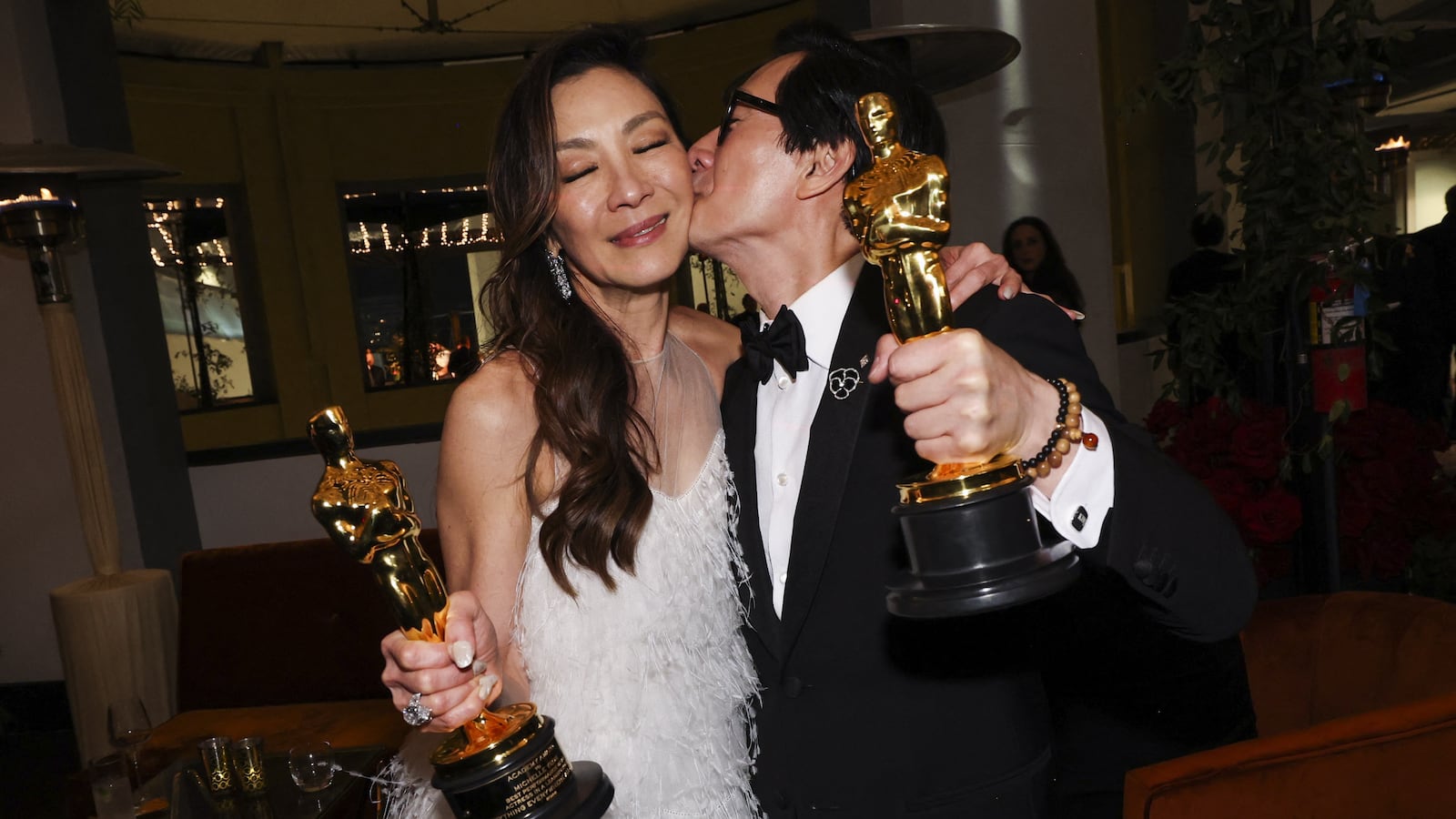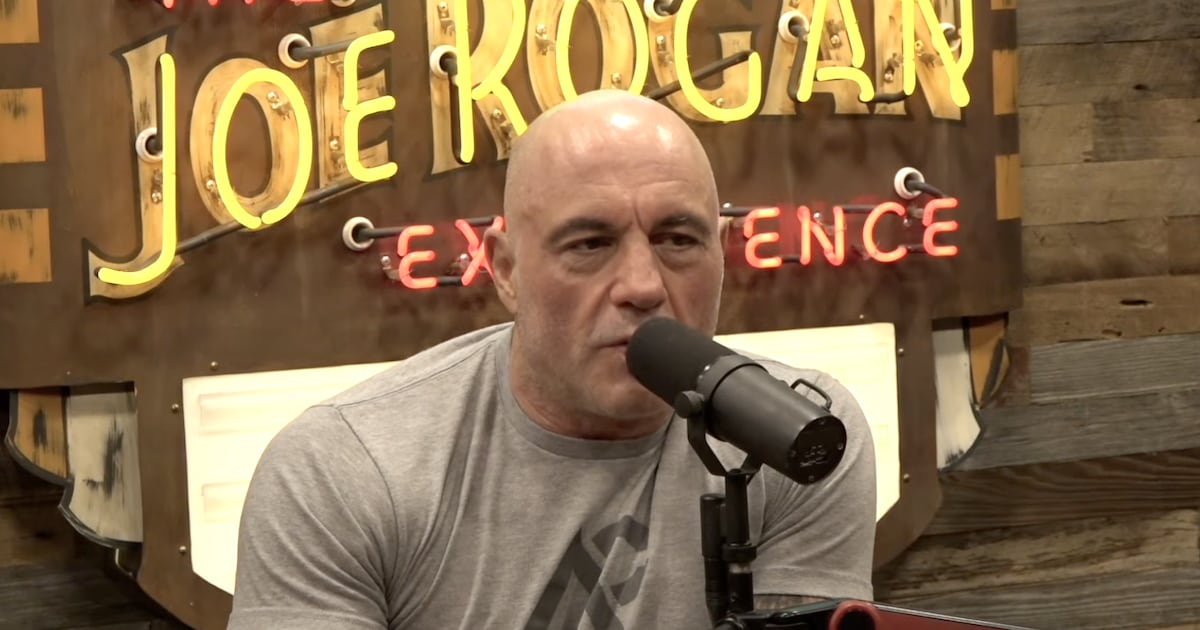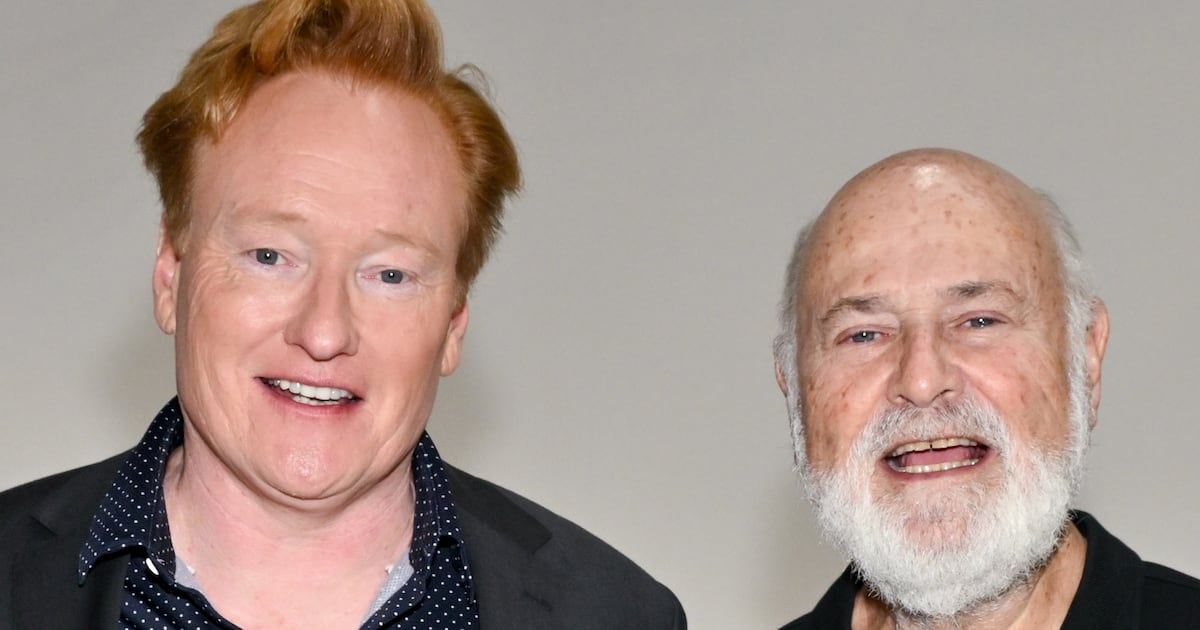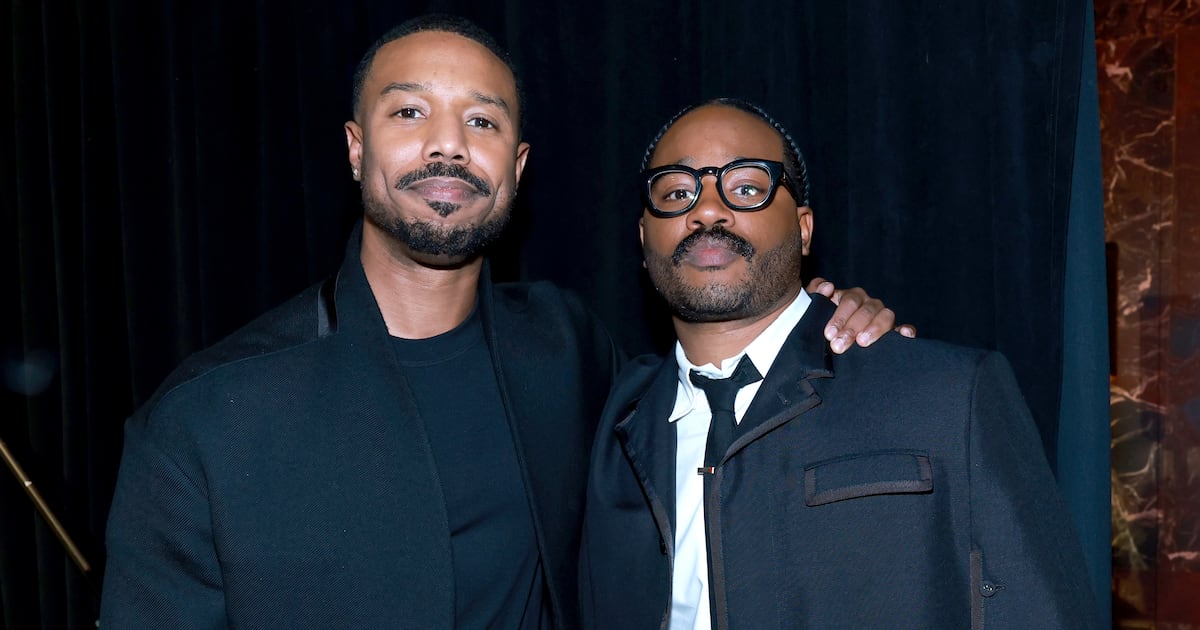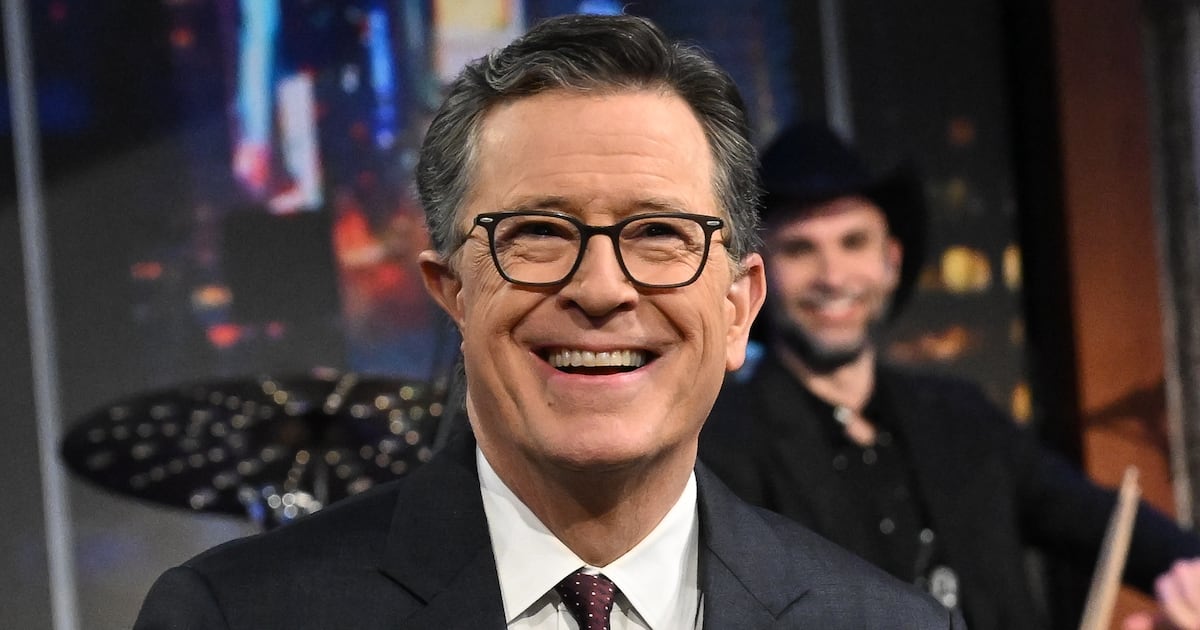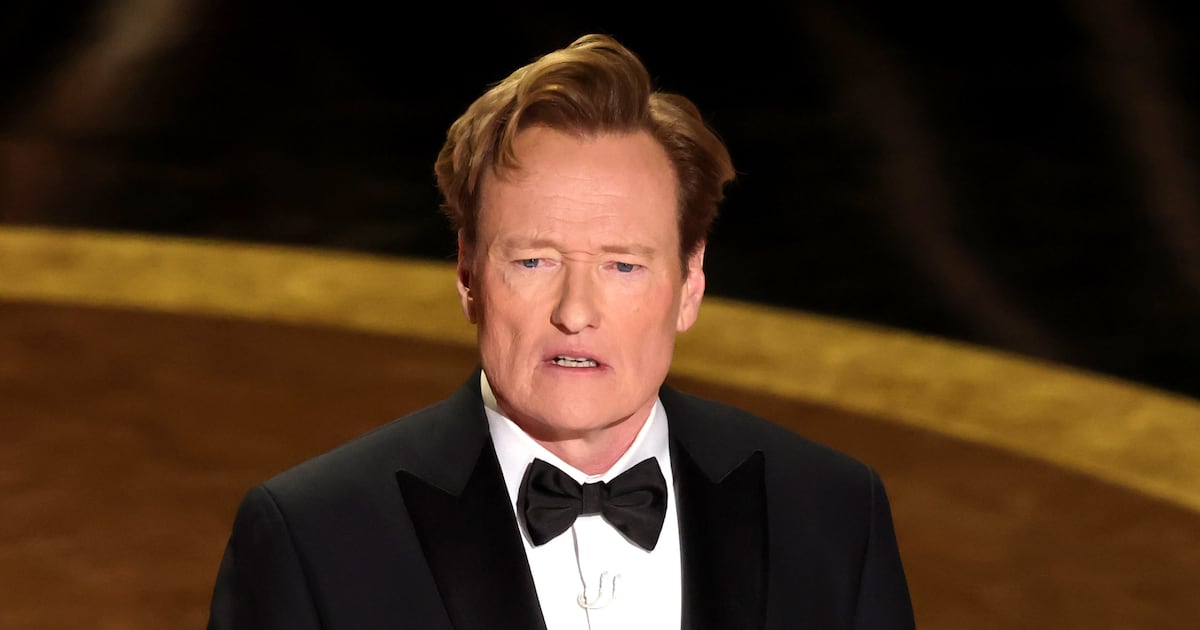This was a historic Academy Awards for many reasons. Several “firsts” were made when it comes to diversity. Industry veterans earned the recognition they had worked their entire careers for. Ozempic made its red carpet debut.
It was also a telecast in which Nobel Prize-winning activist Malala Yousafzai was forced to weather a crowd bit with the Cocaine Bear, and host Jimmy Kimmel competed with himself over which would be more exhausting: his references to Will Smith’s slap from last year or the running time of the telecast. (At three and a half hours, the ceremony was actually a reasonable length by Oscars standards; the irony here, I guess, is that it was the entertainment value itself that made the proceedings feel interminable.)
Category after category, we heard heartfelt and thoughtful speeches that recognized the significance of winning an Oscar and its potential for tangible, real-world impact. Few wins were egregious enough to get upset about, and those acceptance speeches were so moving as to absolve any ill feelings anyway. And yet, after all that, the night felt hollow and, at times, even cheap. This year, the Oscars failed to rise to its own beautiful moment.
It was 21 years ago when Halle Berry’s name was called as the first Black winner for Best Actress: one of those culture-shifting moments that is seared into nearly everyone’s brains. That’s true whether or not a person even watched the Oscars that year. It’s true whether or not they are an awards show obsessive who watches YouTube clips of emotional acceptance speeches so often that they could recite them word for word at any given moment. And it’s especially true for the communities for which that win was a watershed shift in validation, in representation, in opportunity, in empathy, and in being seen.

There were echoes of the rattled, moved expression on Berry’s face as she clutched her Oscar statue 21 years ago when she, alongside Jessica Chastain, presented Everything Everywhere All at Once star Michelle Yeoh with her Best Actress trophy. More than two decades after Berry’s ceiling-shattering moment, Yeoh became the first Asian woman in the ceremony’s 95-year history to win Best Actress.
As I think back on an Academy Awards telecast that was simultaneously remarkable and lifeless—a frustrating dichotomy on a night when a film as ballsy and different as Everything Everywhere All at Once won seven categories—this is the snapshot I keep going back to. It represents everything so wonderful about the night, and everything so heinous about the organization that votes for these awards and puts the show on.
The power of the moment was reflected in Yeoh’s gorgeous speech, which I look forward to being able to recite from memory soon after filing this piece—once I watch the clip about a dozen times tonight, too invigorated by its poignance to go to bed.
“For all the little boys and girls who look like me watching tonight, this is a beacon of hope and possibilities,” Yeoh, who, after more than four decades in the business, is having the moment she and her community have waited her entire career for, said. “This is proof to dream big and that dreams do come true. Ladies, don’t let anyone ever tell you you are past your prime. Never give up!”
I keep staring at the photo of Berry and Yeoh embracing on stage. It represents both an occasion to celebrate progress, and to decry just how ridiculously long it has taken to get here—the tension of wanting to unleash our gratitude, but harboring an ugly skepticism that change will actually happen in this systemically fucked industry. I felt that tension as I bellowed a harsh-sounding “YESSSS” when Yeoh’s name was announced, like a carnal noise from some unfamiliar barn animal. It was intense relief, not just that Yeoh, who I was rooting for, won—but that the academy, as it is wont to do, didn’t royally and pathetically mess this up.
Because it very easily could have swung the other way; the second it was clear that Berry was booked to present Best Actress, I groaned. Clearly, producers were attempting to orchestrate that historic moment: the first Black winner passing the golden baton to the first Asian winner.
The last time the show tried something like this was when the Best Actor category was moved to the end of the telecast in 2021, under the assumption that Chadwick Boseman would posthumously win for Ma Rainey’s Black Bottom, and the night would end with a geyser of emotion. You know what they say happens when you assume: You make an ass out of…a relentlessly exasperating awards organization. Boseman did not win; Anthony Hopkins did (for The Father), and, during COVID, there was not a Zoom set up for him to accept the award remotely.
That year’s ceremony ended with embarrassment. This year, producers seemed more than happy to risk it again. Yeoh was not guaranteed this win; Cate Blanchett, for Tár, could even have been thought of as more of a frontrunner. An attempt to manipulate the moment could very well have backfired. By the grace of God (and by God, I mean Michelle Yeoh and her sensational performance both on screen and on the campaign trail this awards season), it didn’t.
Circumstance can often be the Academy Awards’ Achilles heel. But its greatest saboteur, reliably—and even now, in the aftermath of last year’s “The Slap”—is always and forever itself. That is a truth that makes it so exasperating to be a fan of these awards and what they really, truly mean—as Berry, as Yeoh, and as all the wins Sunday night by Everything Everywhere All at Once show.
As my colleague Allegra Frank tweeted, “Michelle Yeoh and Ke Huy Quan's wins are so life-affirming and it's because accolades on an internationally recognized, institutionally homogenous stage make a DIFFERENCE.”
Things don’t have to be this difficult.
If this year’s mandate was to celebrate great art, great filmmaking, and the great work that the academy does—and, more pressingly, to run away from the Will Smith debacle—then the night was a failure, given how often that incident was needlessly brought up (through jokes that rarely landed, at that).

If the idea was to celebrate people’s willingness to go back to theaters, then the fact that neither Tom Cruise nor James Cameron, whose Top Gun: Maverick and Avatar: The Way of the Water, respectively, have been credited with “saving the movies,” deigned to show up is bizarre.
And if the idea was to put on a great, meaningful show, then I don’t understand why producers won’t just let that happen—because without their meddling, it inevitably does.
The breezy, refreshingly witty presenter banter was entertaining enough. (I especially loved Paul Dano and Julia Louis-Dreyfus’ Best Costume Design and Mindy Kaling and John Cho’s Best Original Score presentations.) The Cocaine Bear bit, as it was on stage with Elizabeth Banks, was amusing on its own. Leave Malala out of it!
After the controversial decision to present some below-the-line categories in a pre-show ceremony last year, returning them to the live telecast was characterized during Kimmel’s monologue as some sort of “hope you know what you’re asking for…” favor that we’d regret. But as is almost always the case, those categories were responsible for some of the show’s biggest highlights.
No attempt to “produce” a moment would create something as genuinely moving, fun, and human as the entire audience of celebrities singing “Happy Birthday” to the star of An Irish Goodbye, the winner of Best Live Action Short. The most charming anecdote of the night came from the winner of Best Animated Short, who started rambling about his dog who was waiting for him in his hotel room. Ruth Carter, who won Best Costume Design for Black Panther: Wakanda Forever, moved everyone when she paid tribute to her mother, who had just died: “Chadwick, please take care of mom.”

I don’t know why I didn’t make the connection or see it coming, but John Travolta referencing Olivia Newton-John while introducing the In Memoriam segment was a punch to the gut. Lenny Kravitz’s musical performance during the sequence was stunning, and tonally perfect. But the academy’s gonna academy: Immediately afterward, a message appeared on screen that translated to, essentially, “For a full list of all the non-important dead people, please scan this QR code.” Why?!
When I revisit this ceremony, I’ll watch back the ebullient, soul-affirming performance of Best Original Song nominee “Naatu Naatu” from RRR until I’ve learned all the choreography. (Check back with me in 2057, if my knees still work then.) I’ll cry along to Ke Huy Quan’s Best Supporting Actor speech for Everything Everywhere All at Once, and chase it down by freeze-framing the embrace between Quan and Best Picture presenter Harrison Ford, 39 years after they co-starred in Indiana Jones and the Temple of Doom. I’ll remember what all of this meant for groups of people who have been waiting lifetimes for these moments, on this stage, with the potential impact it affords.

Especially now, I think, we are desperate to connect with each other on a human level—certainly something that is reflected in voters’ response to the themes of Everything Everywhere All at Once. That’s not something that can be manufactured, manipulated, orchestrated, or produced. There’s a desire in institutions like the academy—and like Hollywood—to control that, but authenticity can’t be controlled. Whatever eagerness there is for it to happen is mitigated by an insistence on directing how it does.
That’s why the line from Sunday night that resonates most with me, especially in regards to this industry and this awards show, is the one spoken by Everything Everywhere All at Once director Daniel Kwan while accepting Best Picture: “The world is changing rapidly, and I fear our stories aren’t keeping at pace. Sometimes it’s a little scary knowing that movies move at the rate of years, and the world on the internet’s moving at the rate of milliseconds.”
Keep obsessing! Sign up for the Daily Beast’s Obsessed newsletter and follow us on Facebook, Twitter, Instagram and TikTok.

